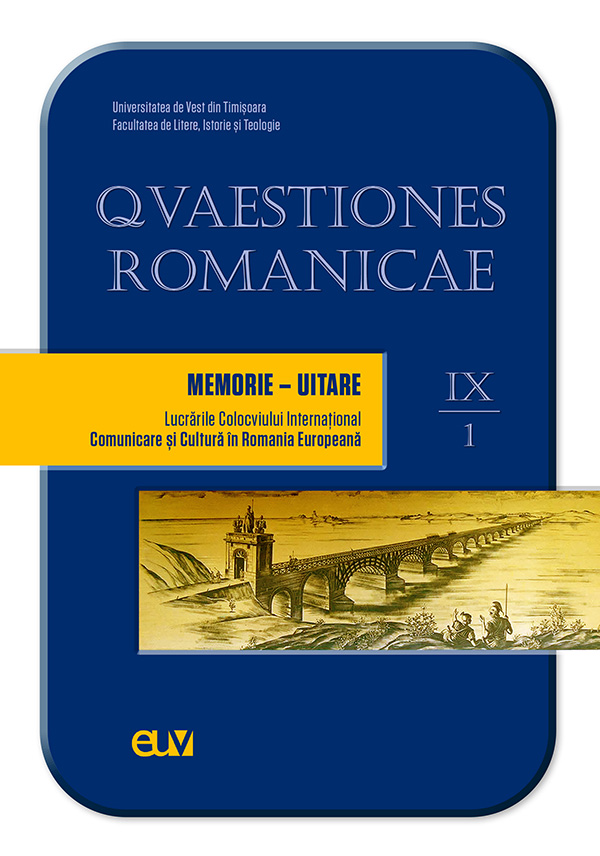L’allusion comme « révélateur culturel » : moyens d’expression, décryptage, traduction
Abstract: (The allusion as a "cultural revealer": means of expression, decryption, translation) In line with the work of Robert Galisson (1993), we treat allusions as "cultural revealers" or "masked quotations" (by alteration) that mobilize diverse knowledge, shared by the members of a community that is both linguistic and cultural and who have in common the linguistic code and the cultural values that allusive expressions convey. The cultural dimension of allusion is related to the notion of memory, as the repository of the cultural elements to which the allusive expressions refer. This paper focuses on the interpretation and translation of allusive statements from a constructivist perspective, based on the interpretative recognition and (re)construction of the meaning (translation) of allusive statements. The problems of translating allusive statements are related both to the identification of the basic statement and the cultural revealer, as well as their re-expression in the target language, during the process of translation. The target language is Romanian. The decryption of cultural referents is based on documentation and involves the cognitive complements of the translator, his cultural background and his encyclopedic knowledge. The corpus consists of texts taken from French publications of general interest whose main aim is to attract the attention and the interest of the public. The means of expression of the allusions are diverse: allusions to works (literary, cinematographic, musical), quotations (religious and philosophical), lexicalized expressions (clichés, idiomatic expressions, locutions, proverbs).
Keywords: allusion, "cultural revealer", means of expression, decryption, translation.
Résumé : Dans la lignée des travaux de Robert Galisson (1993), nous traitons des allusions comme des «révélateurs culturels » ou des « citations masquées » (par altération) qui mobilisent des savoirs divers, partagés par les membres d’une communauté à la fois linguistique et culturelle possédant en commun le code linguistique et les valeurs culturelles que les expressions allusives véhiculent. La dimension culturelle de l’allusion est mise en relation avec la notion de mémoire, comme dépositaire des éléments culturels auxquels les expressions allusives font référence. Le présent article s’intéresse à l’interprétation et à la traduction des énoncés allusifs dans une perspective constructiviste, basée sur la reconnaissance interprétative et la (re)construction du sens (traduction) des énoncés allusifs. Les problèmes de traduction des énoncés allusifs sont liés à la fois à l’identification de l’énoncé de base, du révélateur culturel, et à leur réexpression en langue cible, lors de la traduction. La langue cible est le roumain. Le décryptage des référents culturels repose sur un travail de documentation et fait intervenir les compléments cognitifs du sujet traduisant, son bagage culturel, ses connaissances encyclopédiques. Le corpus est constitué de textes extraits de publications françaises d’intérêt général dont la visée principale est d’attirer l’attention et de susciter l’intérêt du public. Les moyens d’expression des allusions sont divers : allusions à des œuvres (littéraires, cinématographiques, musicales), citations (religieuses et philosophiques), expressions lexicalisées (clichés, expressions idiomatiques, locutions, proverbes).
Mots-clés : allusion, « révélateur culturel », moyens d’expression, décryptage, traduction.
